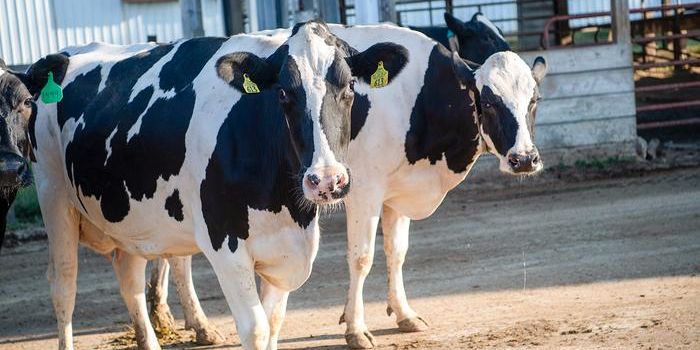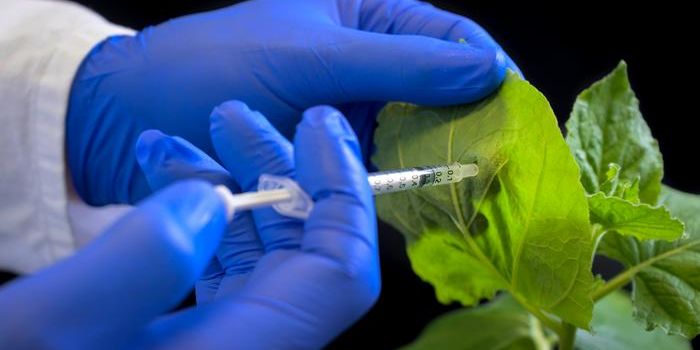Lab-Created Mini Lungs to Study Infections
A team of researchers at Rockefeller University have developed the ability to grow replicas of human lungs, allowing them to study how infections affect the lungs and understand optimal treatments. This new approach to growing “lungs” in a laboratory setting is described in Stem Cell Reports.
The need for a new way to study lung and respiratory infections emerged, perhaps not unexpectedly, from the COVID-19 pandemic. The ability to understand and learn as much as possible about respiratory infections could be critical to how we respond to the next pandemic, especially considering that many infectious diseases can affect the lungs in numerous ways.
As part of their new approach to studying respiratory diseases, researchers have developed a platform that allows them to grow and culture human embryonic stem cells, using them to create what are called lung “buds.” These buds resemble tiny buds that form when a fetus is developing, and contain crucial parts of a lung; namely, airways and alveoli. Using various growth factors, researchers are able to encourage the stem cells to grow into lung cells and form the buds. Most importantly, these buds are all genetically the same, reducing any variations between the buds when it comes to testing the effect of different pathogens and treatments.
Among the first pathogens the team exposed their lung buds to was the SARS-CoV-2 virus, the pathogen that causes COVID-19 infection. Already, the team was able to record delicate details about how the virus affects the lungs; for example, they found that alveoli, more so than airway cells, are more prone to becoming infected by SARS-CoV-2. The team also noted a particular pathway that could make certain lung tissues at a higher risk of infection from the virsus, as well. These findings, which provide a more nuanced look at how COVID-19 infection affects the lungs, highlights the potential of these lung buds. Now, researchers can test other viruses and even study how infected lungs respond to different types of treatments, including the efficacy of vaccines, all without the need for animal test subjects.
Sources: Medgadget; Stem Cell Reports








